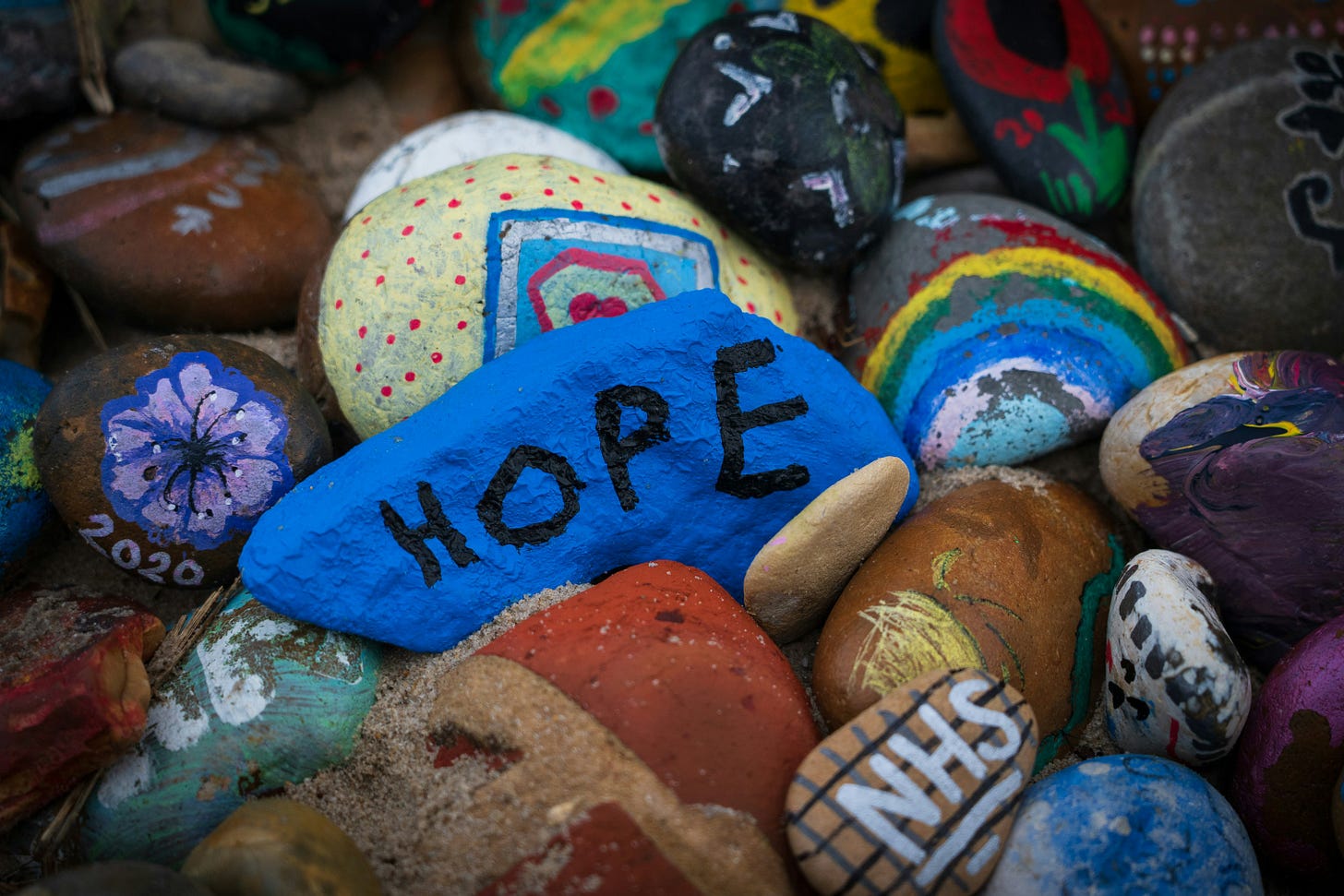What Happened to Hope?
When the world feels like it’s falling apart, faith calls us to remember that hope still dwells among us.
I was sitting at my desk when a text message arrived from my daughters’ school. The school had just completed a safety drill. As I read the message, my heart sank. I never imagined my children would have to experience something like this. Later, my six-year-old described the safety plan for one of the classrooms, and my heart sank again.
That same day, a school shooting took place at Apalachee High School in Winder, Georgia. In that moment, I cried, “How long, O God?!” That was followed by, “This is too much!” And before I knew it, the words formed: “I hate this.”
In our house, we often remind each other, “Hate is a strong word,” prompting one another to consider gentler ways to express our emotions. But in this instance, in this moment, there was no other word—I hated this.
According to a CNN report, there were as many as 83 school shootings in 2024. Friends, one is too many. And that’s only part of the picture. Wars, bombings, and other forms of senseless violence continue to plague our world.
The reality of another school shooting—somewhere else in the United States—paired with the knowledge that my daughters and their classmates practiced for an active shooter, did more than break my heart. It opened my eyes to a stark truth: the world is broken, people are broken, and all of creation is standing in the need of prayer.
Even worse, it caused me to wonder, What happened to hope?

As today’s images of suffering play on an endless loop before us—through 24-hour news cycles and social media feeds—hope often feels like the farthest thing from our minds. Scenes of war, bombings, wildfires, floods, and pandemics conjure apocalyptic visions. Add to this the very real scenes of uncertainty, demeaning rhetoric, prejudice, sexism, racism, ableism, political and theological division, legislation that wipes away basic human needs for the least of these, and the senseless violence in our streets, schools, churches, and homes.
All of this fragmentation, conflict, and violence separates us from one another, and even more so, from communion with God. It’s as if someone has turned the lights off, and we are stumbling around trying to find our way. We attempt to solve one problem after another in this darkness, only to create more problems and deeper crises. In the shadows, it seems all hope is lost, and we shift into survival mode.
Yet hope endures.
Hope gives us a future.
Hope shines in the darkness.
Hope fuels us to act justly.
What happened to hope?
Hope dwells among us.
If you’re feeling overwhelmed by the darkness in our world, you’re not alone.
Take a moment today to name what breaks your heart—and then, light a candle, say a prayer, or reach out to someone who needs encouragement. Hope is not a passive feeling; it’s a sacred practice. Let’s live like we believe it still burns bright.



